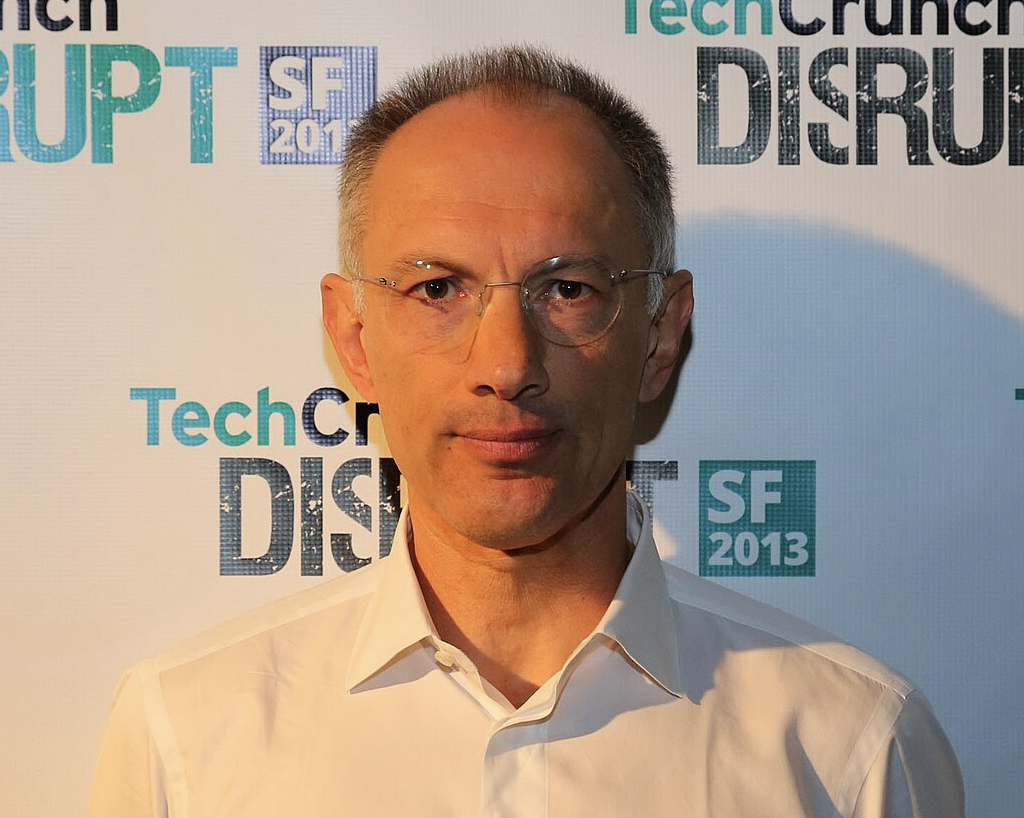The panel that is looking at consolidating or eliminating city commissions meets Wednesday/15, and a long list of activist groups are lining up to oppose changes that would give the mayor even more power than the city’s chief executive already has.
Dr. Allen Cooper, a retired physician who is on the Advisory Council to the Commission on Disability and Aging Services, calls it “DOGE comes to San Francisco,” and as the committee looks at eliminating or reducing community involvement in local policy making, it’s important to remember:
Why are we doing this?

This is happening because one billionaire oligarch, Michael Mortiz, paid to put a measure on the fall 2024 ballot that would have cut the number of city commissions in half, and, according to the Bay Guardian, eliminated
the Public Health, Library, Human Rights, Human Services, Arts, Environment, Small Business and Juvenile Probation commissions.
Then a task force could move to eliminate even more.
In each case, the department heads would report directly to the mayor. Decisions would be made behind closed doors, with no community input.
In response, Sup. Aaron Peskin sponsored another initiative, Proposition E, which created a task force to look at the number of city commissions and recommend changes. That task force was, specifically, not charged with eliminating community input.
And yet, some of the members of the task force are operating under what seems to be a mandate to wipe out anything they can.
This is not what the supporters of Prop. E had in mind.
Moritz and his astroturf group, TogetherSF, were out to give the mayor a lot more power (and the mayor of SF has more power than most mayors in the US already). Prop. E was supposed to be a more benign alternative.
Instead, the task force has come up with a list of commissions and committees that don’t meet often enough, or have to many vacancies, or don’t have a clear enough purpose.
Among the proposals: Give the mayor the ability to fire members of the Police Commission at any time, for any (or no) reason. Eliminate the Homeless Oversight Commission (which is approved by the voters). Get rid of the Food Security Task Force, the Early Childhood Oversight Committee, and the Sugary Drinks Tax Advisory Committee.
“These are our monthly staple commissions,” Anya Worley-Ziegmann, coordinator of the People’s Budget Coalition, told me. “We know they are doing the work.”
Most of these commissions and task forces are made up of volunteers; if they get paid, it’s minimal. So it’s hard to argue that there’s any sort of cost savings.
Cooper said the task force found his council to be “semi-inactive,” which he called “complete bullshit.” The council missed three meeting in the past three years, he said. There are, indeed, vacancies on the panel, mostly because the Mayor’s Office hasn’t appointed anyone. “You have to be 60 or older to serve, and in the past year two members died,” he said. “That’s going to happen.”
The task force proposal to merge the council with another commission would also cut oversight back to 12 members, with only three appointed by the supervisors. “We were awestruck” when his colleagues saw the plan, Cooper said. From a letter he sent to the task force:
[A] consideration of the value of the Councils should be considered. They do not set policy or have veto powers over any activities. They do provide transparency by reporting to Supervisors as well as community organizations. Through discussion at meetings feedback and ideas are expressed to staff. The value of this cannot be quantified but, In my experience with this in academia, when staff are required to present publicly, they hone their reports and think deeply about what they will say often refining their ideas.
Cooper said the oligarchs “care only about maximizing profit,” and that any transparency or community oversight gets in their way. He said, for example, that 500 people are on the wait list for Meals on Wheels—”these commissioners know that, and that’s what the people behind this don’t want known.”
Again, I have to ask: Why is anyone against allowing community members to play a role in public policy and oversight, when they have little power to block anything and cost almost nothing?
Expect a long meeting tomorrow. It starts at 1pm in City Hall Room 263





